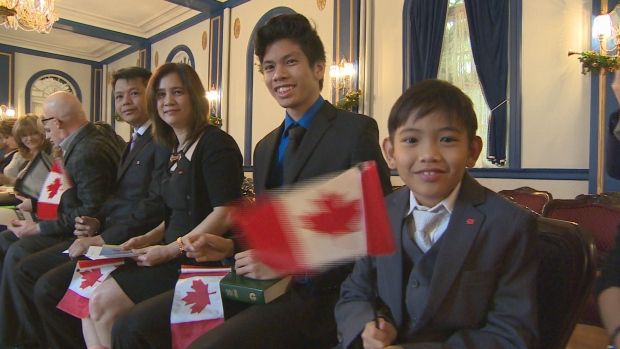The Canadian government recently introduced changes to the much-criticised lottery program that allows applicants to sponsor their parents or grandparents to Canada. But according to immigration lawyers, the new system is still flawed.
Under the newly launched 2018 sponsorship program for parents and grandparents, more information will be required from the applicants regarding those they want to sponsor and also related to whether they are meeting the income requirements set by the program before their names are entered into the lottery.
These changes are an attempt to eliminate those not eligible for the program, after thousands of applicants last year failed to follow through on their selection, leading to the government filling only 9,500 of the total available 10,000 spots.
Ineligible Applicants Bogging Down System
Elizabeth Wozniak, an immigration lawyer, pointed out that the lottery system is “just a bit of a crapshoot.” According to her, ineligible applicants will continue to submit the initial paperwork, which will bog down the system and make it harder for those eligible .
Previously, the sponsorship program for parents and grandparents was done on a first-come, first-serve basis. Applications were filed during the first few days of the new year, after which the first 5,000 would be processed. This number was doubled to 10,000 in 2016.
Last year, the government introduced a lottery system wherein interested people submitted basic information via an online form between January and February. After this, 10,000 names are selected to submit complete applications.
The change was made with the intention of making the system fairer for those living further in-country and for those people who couldn’t afford a lawyer for preparing the necessary paperwork.
In 2017, Immigration, Refugees and Citizenship Canada saw the submission of 95,000 online forms, and chose 10,000 of them randomly. But as per information presented by Immigration Minister Ahmed Hussen in the House of Commons last December, the department finally ended up with just 6,020 applications after the first round.
The immigration department subsequently issued a second round of invitations in order to fill up the remainder of the 10,000 spots. In the end, only 9,500 applications were received.
Income Requirements Biggest Obstacle
According to Wozniak the program’s income requirements may prove to be the biggest hurdle. The current law mandates that sponsors must prove that they currently meet the income thresholds for the previous three years, which can differ based on the size of their family.
But in the 2017 online form, this information was not asked for which led to several ineligible people being selected. This year, the form asks the applicant if they meet the income thresholds but fails to ask for proof.
Wozniak believes that this is not enough as ineligible people will still not “be vetted out”.
She stated that she had around 25 clients who were eligible and part of the pool last year but none of them made it.
Older System Faster And More Predictable
According another immigration lawyer Matthew Jeffery the new online form is a “definite improvement”, but warned that it would still prove to be difficult to weed out ineligible applicants.
Calling the process “arbitrary and unnecessary”, he said that it depended on luck, and someone who is eligible to sponsor family members may never be able to do so.
Jeffery also believes that the 10,000-person limit must be scrapped altogether, since the income threshold along with other mandated requirements would limit the number of applicants.
According to Wozniak the old first-come, first-served system was fine, as it was “faster, easier, more predictable.”



